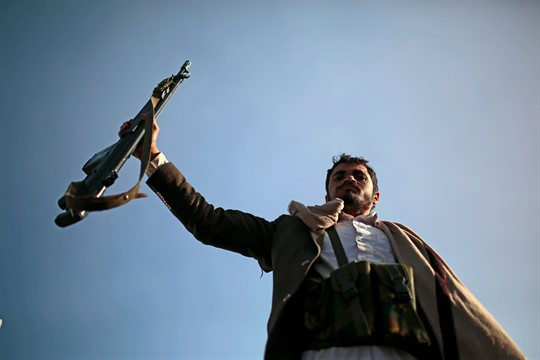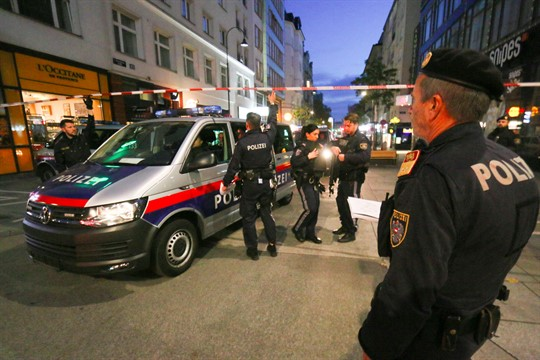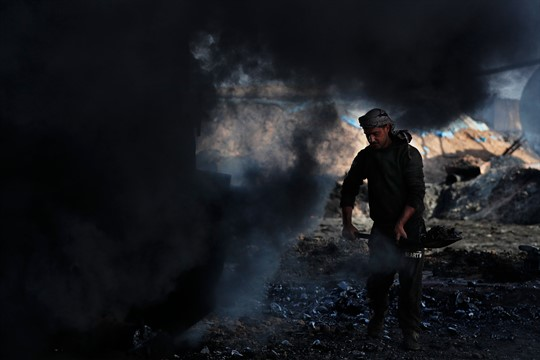Arab World Needs To Ensure Israel Respects Palestinian Rights
The Arab world is nothing if it is not Palestine, which is at the heart of Arab culture and the world’s most widely followed religions. So why is Palestine struggling, even on simple matters that involve obvious violations of the international rule of law? I understand the politics of the Israel-Palestine conflict: It is debatable and often distorted and exaggerated. But the international rule of law is very clear and is nondebatable.




